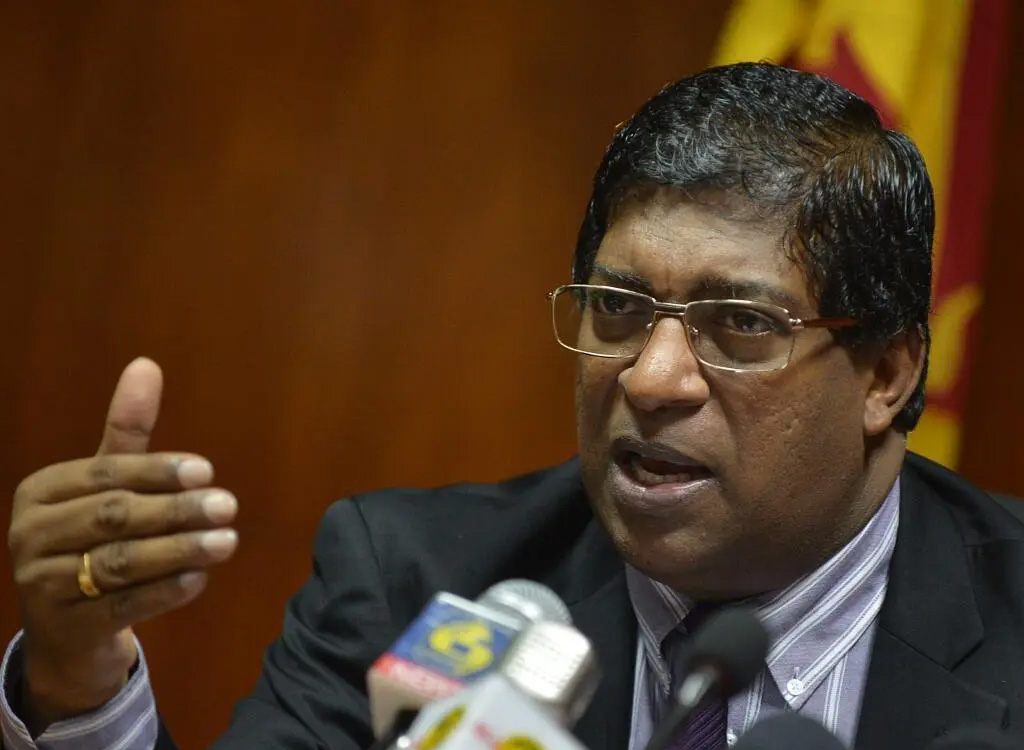MP Ravi Karunanayake says the government is engaging in an irregular and wasteful procurement process in its plan to purchase 1,775 double cab vehicles valued at Rs. 42.8 billion.
Speaking at a media briefing in Colombo this week, the former Finance Minister alleged that the vehicle acquisition was being carried out outside the prescribed international tender procedure, with the bidding period reduced to just 12 days instead of the required 42.
He claimed that stringent eligibility requirements, such as a minimum annual turnover of Rs. 10 billion and mandatory islandwide service capacity, had effectively ensured that only one bidder qualified, raising serious concerns about transparency and competition.
Karunanayake questioned the decision to import vehicles when local manufacturers could supply them at a much lower cost.
“If purchased locally, each double cab would cost about Rs. 16.5 million, compared to Rs. 24.5 million if imported,” he said, describing the move as a “serious misuse of foreign exchange.”
Criticising the government’s spending priorities amid ongoing economic hardship, he urged policymakers to explore electric vehicle (EV) options instead.
He said that switching to electric fleets could save Sri Lanka roughly Rs. 8 billion in fuel costs annually — or Rs. 40 billion over five years — funds that could support major infrastructure projects such as a new Mahaweli development.
“Why continue importing fuel-powered vehicles when cleaner, cheaper electric alternatives are available?” he asked, suggesting that savings be channelled into building a nationwide EV charging network.
Karunanayake also revealed that the government’s initial plan, proposed three months ago, was to procure 2,000 vehicles, including allocations for MPs, but the number was later reduced to 1,775 following his objections.
Highlighting what he termed “bloated state ownership,” the MP noted that Sri Lanka currently operates 87,000 government vehicles, compared to just 7,800 in Australia, a developed economy.
Calling for a “rethink of wasteful expenditure,” Karunanayake urged the government to adopt sustainable, transparent, and cost-effective approaches to public sector mobility, aligning fiscal policy with long-term economic and environmental goals.











Leave a comment